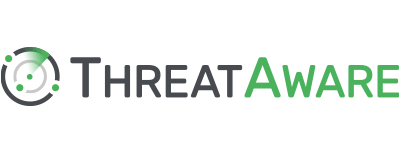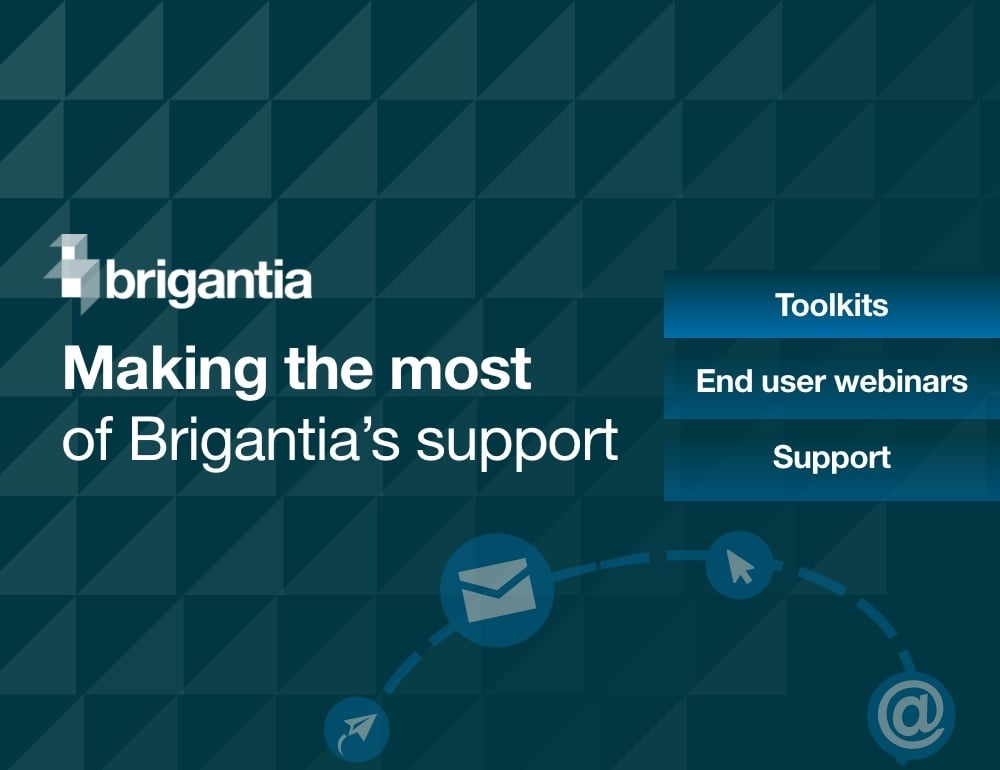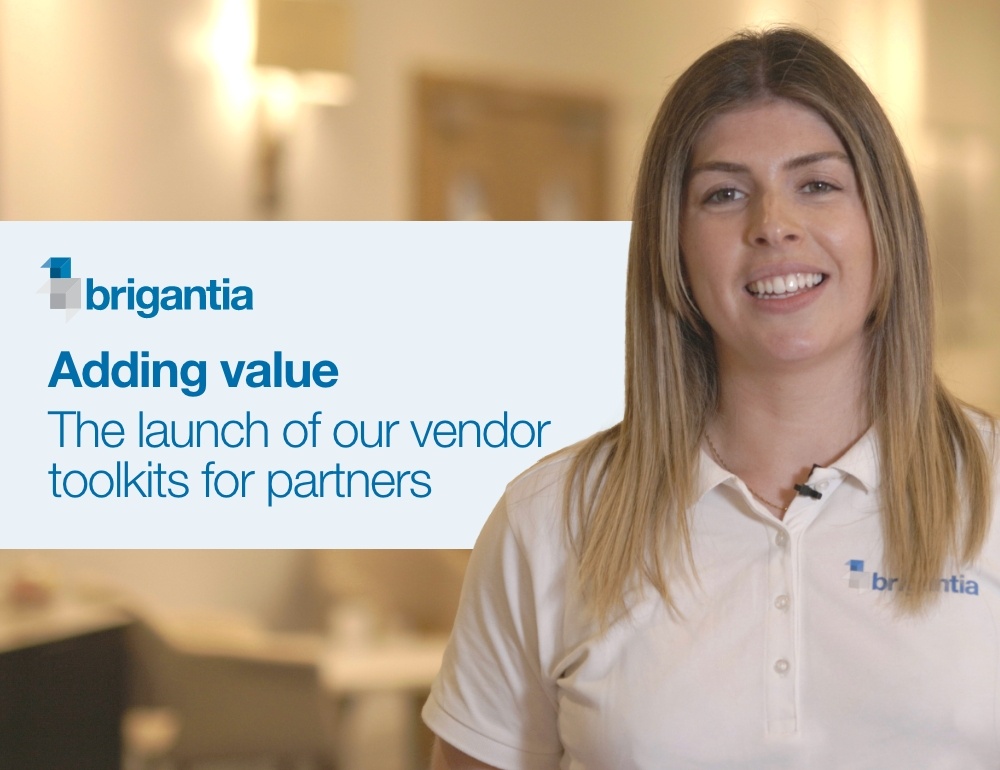MSPs these days are overburdened. With tens of different vendors to manage across various service offerings ranging from cybersecurity to cloud hosting, the burden is growing, as are customer expectations. With an accelerated shift to cloud technology and a significant increase in hybrid working in recent years, the role of an MSP is becoming exceedingly challenging.
 The responsibilities do not stop there. Customers expect MSPs to anticipate and even eliminate the possibility of cyberattacks, which is becoming increasingly difficult as security complexity grows exponentially. Furthermore, MSPs must ensure that their customers follow GDPR practises or, if necessary, remain compliant with schemes such as Cyber Essentials and ISO27001.
The responsibilities do not stop there. Customers expect MSPs to anticipate and even eliminate the possibility of cyberattacks, which is becoming increasingly difficult as security complexity grows exponentially. Furthermore, MSPs must ensure that their customers follow GDPR practises or, if necessary, remain compliant with schemes such as Cyber Essentials and ISO27001.
What options do MSPs have? Many people choose to recruit and grow their teams. The idea of having more people on the team to allow for more efficient workload distribution is a good one, but it is extremely expensive, and any new team member will face the same security limitations as the existing team.
MSPs can also develop their own discovery and unification tools. Having information from all vendors pulled into a single dashboard will greatly improve productivity and security, as the ability to cross-reference data is critical in detecting potential threats or vulnerabilities. However, this presents its own set of difficulties. Does the MSP have the in-house capabilities to create such a dashboard? If not, do they have a reliable development house to which they can outsource the dashboard development? In any case, the cost of developing this is extortionate, and not every MSP will have the resources to consider it.
They can also look for a solution on the market, which is where ThreatAware comes in. ThreatAware, which uses an entirely agentless design, provides full visibility of all devices on a client's network as well as any security vulnerabilities across integrated services. ThreatAware is completely vendor agnostic and has no limitations in terms of what it can integrate with due to its agentless design. The integration process is quick and easy, thanks to APIs, and MSPs can be up and running in less than an hour.
If you want to learn more, please click the button below to schedule a demo with one of our product specialists.







